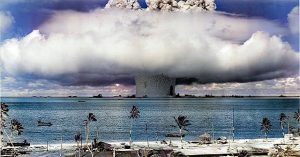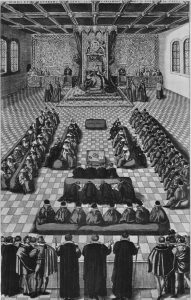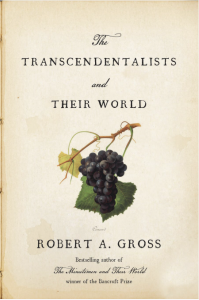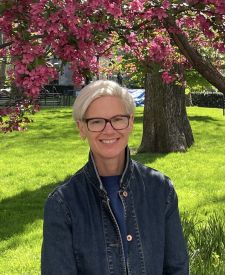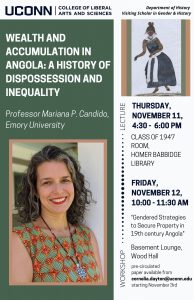On Thursday, November 18, 2021–the Thursday before Thanksgiving–State Historian and UConn Professor Walt Woodward and Professor Manisha Sinha gave testimony before the Connecticut state legislature on the John Mason statue at the State Capitol. John Mason, considered a founder of the Connecticut colony, set fire to a Pequot community in 1637, claiming the lives of at least 400 people. Anthropologists, members of the Mohegan, Eastern Pequot, Mashantucket tribes, and a descendant of John Mason convened for over 2 hours to discuss the removal of his statue. This discussion examined the complexities of history, memory, symbolism, and the violence integral to the story of the making of the United States. Professor Woodward and Professor Sinha grappled with the meaning of the statues t for the teaching and remembering of history. Both are cited in this excellent CT Mirror article that recaps the state session. Prof. Walt Woodward is also quoted in the December 11 issue of The Economist, in the article “How the culture wars can show what’s right with America.”
